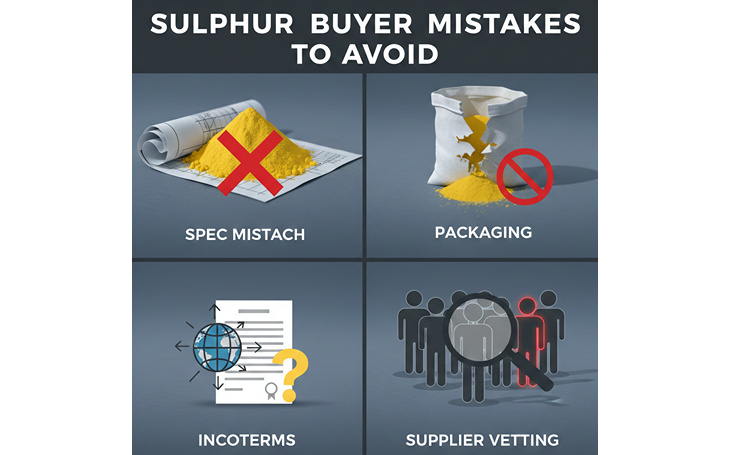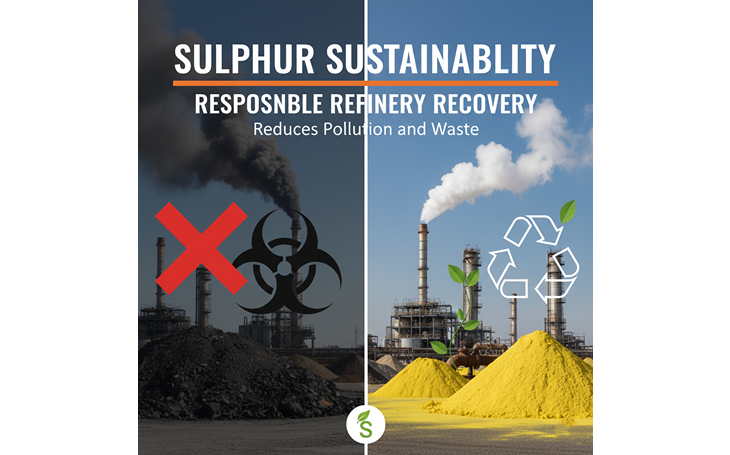Nurturing Positive Employee Relationships for Organizational Success
In the complex web of organizational dynamics, the relationship between employers and employees holds a pivotal role. A positive and effective employee relationship is not just a desirable aspect; it's a strategic imperative for fostering a thriving workplace. Let's delve into the key elements that contribute to building and maintaining healthy employee relationships.
Communication: The Cornerstone of Effective Employee Relationships
Transparent and open communication form the bedrock of a strong employee relationship. From regular updates on company goals to providing constructive feedback, fostering a culture of clear communication establishes trust and ensures everyone is on the same page.
Trust and Mutual Respect
Building trust is a two-way street. Employers who trust their employees and vice versa create an environment where everyone feels valued. Mutual respect is the foundation upon which trust is built, creating a positive atmosphere that encourages collaboration and innovation.
Recognition and Appreciation
Acknowledging the efforts of employees is a powerful motivator. Regular recognition and appreciation for a job well done not only boost morale but also contribute to a positive employee relationship. Simple gestures, like public acknowledgment or awards, go a long way in fostering a sense of accomplishment.
Employee Development and Growth Opportunities
Investing in the professional development of employees demonstrates a commitment to their long-term success. Providing growth opportunities, whether through training programs or mentorship, not only enhances skills but also strengthens the bond between employers and employees.
Work-Life Balance
Recognizing the importance of work-life balance is crucial for a healthy employee relationship. Employers who prioritize the well-being of their employees by offering flexible schedules or remote work options create an environment that values both personal and professional aspects of life.
Conflict Resolution
Conflicts are inevitable in any workplace, but how they are addressed determines the health of employee relationships. Establishing effective conflict resolution mechanisms, such as open communication channels or mediation processes, ensures that issues are addressed promptly and constructively.
Team Building Activities
Organizing team-building activities fosters camaraderie among employees. Whether it's a retreat, a volunteer initiative, or regular team-building exercises, these activities contribute to a positive workplace culture and strengthen the bonds between team members and management.
Conclusion
In conclusion, employee relationships are the heartbeat of a successful organization. By prioritizing clear communication, trust, recognition, professional development, work-life balance, conflict resolution, and team-building activities, employers can create an environment where employees feel valued, motivated, and invested in the success of the company.
Remember, fostering positive employee relationships is an ongoing process that requires commitment and effort from both employers and employees. As the foundation of a healthy workplace, strong employee relationships contribute to increased job satisfaction, productivity, and overall organizational success.





